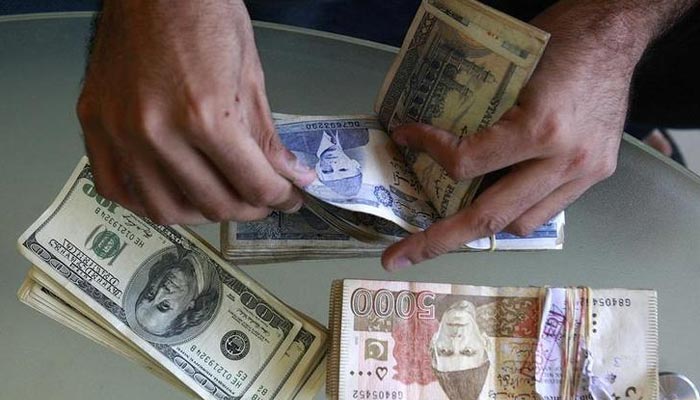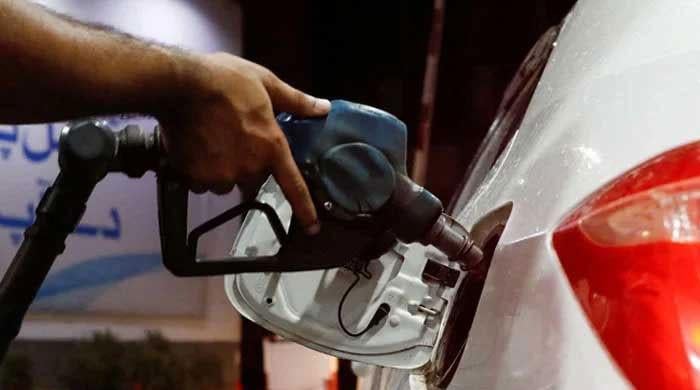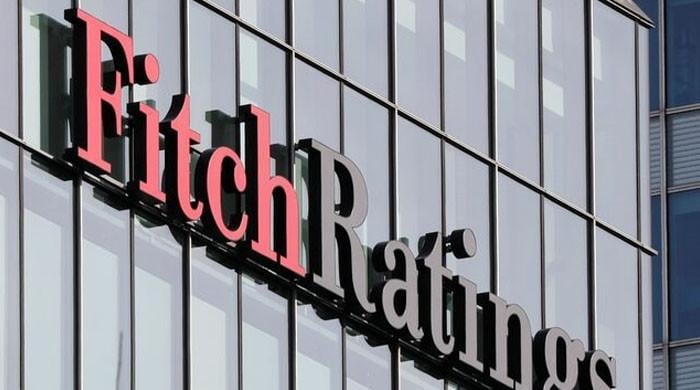'Market sentiment negatively impacted,' analyst says as rupee to remain range-bound next week
Pakistani rupee lost Rs1.48 or 0.66% against the dollar during the outgoing week
November 20, 2022

- Political uncertainty causing issues for economy expected to lessen.
- Market sentiment negatively impacted by risk of default: analyst.
- Rupee likely to trade range-bound against dollar in coming week.
KARACHI: As investors seek to take long positions ahead of a monetary policy meeting due on Friday (November 25), the rupee is likely to trade range-bound against the dollar in the coming week, The News reported Sunday.
The political uncertainty, which is causing problems for the economy, is also expected to slightly lessen with expectations that the stakeholders will agree on a name for the new chief of army staff.
The local currency lost Rs1.48 or 0.66% against the dollar during the outgoing week. It traded at 221.69 per dollar on Monday in the interbank market while on Friday, the rupee closed at 223.17 against the greenback.
“The rupee will, in my opinion, remain range-bound. I don't see anything significant that will lead to the rupee strengthening, but market sentiment is negatively impacted by Pakistan's growing risk of defaulting on its obligations to repay its foreign debt, the delay in IMF-Pakistan negotiations, and the absence of a timeframe regarding incoming financing from Saudi Arabia and China,” an analyst said.
However, Finance Minister Ishaq Dar has again assured that the country will not default on its bond payments. In a video message, he refuted the rumours Pakistan would not be able to pay $1 billion on December 5 against the maturity of a five-year Sukuk or Islamic bond.
“I want to categorically state that the bond will be paid and there is no delay,” Dar said.
It is to be monitored how the foreign investors take assurance from the finance minister, according to analysts.
A credit default swap (CDS) is a measure of premium to insure a credit risk.
“What we are trying to infer is that for a loan maturity of $1 billion less than 20 days away, it stops making sense to get a CDS at 80%. That too when US Index is waning (perceived increase in risk appetite) and there is a strong commitment to pay,” said Tresmark in a weekly note.
“Therefore, either there is something that foreign investors know which is unknown to us or some forces are manipulating this to damage Pakistan’s reputation further. This could be another FATF moment where Pakistan’s vulnerabilities were exploited by foreign forces,” it added.
However, the key point here is to not get fixated on how the CDS is flung into orbit and to move ahead, it noted.
While imports have been materially reduced, exports and remittances have also taken a serious hit. Inflows have dried down, and traders are keenly looking out for the World Bank to send in aid money.
A sharp drop in oil (9%week-on-week) will be inspiring not only for Pakistan but for the world over, according to Tresmark.
“What is a concern is that the claims of funds from friendly countries have not yet materialised. Inflows at this point will definitely soothe nerves,” it said.
“Rupee looks to be under pressure but range bound in the coming weeks as Pakistan decides on its top military post. Any news of inflows from friendly countries will probably be announced only after this.”
While most analysts agree that there will be no rate hike on November 25, the change in sentiment is worth considering. Most analysts expect rate cuts as early as February provided the Federal Reserve slows down on its aggressive tightening spree, it said.











